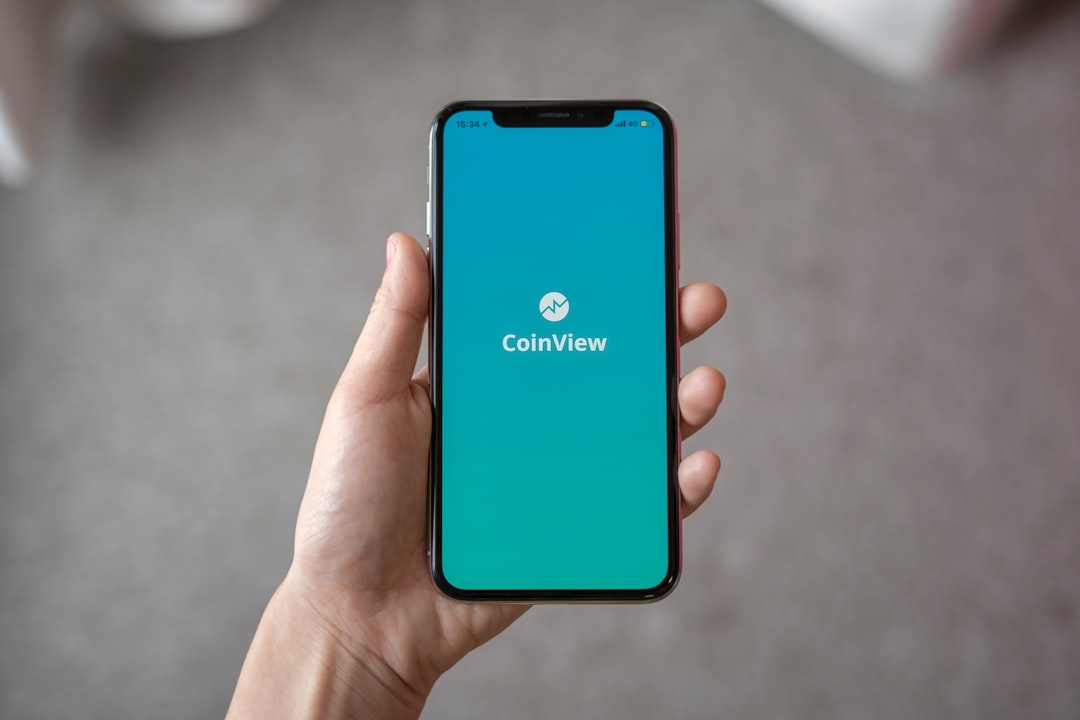Minnesota's Do Not Call Law protects residents from unwanted telemarketing by allowing them to register their numbers and empowering certified lawyers to ensure business compliance. This results in fewer robocalls, a quieter environment, and economic benefits for the state. Businesses adapt by focusing on targeted marketing, leading to growth, innovation, and new job opportunities, especially in digital marketing and legal services, with Do Not Call Lawyer Minnesota playing a crucial role in navigating these changes and ensuring consumer privacy.
The Do Not Call List in Minnesota has significantly influenced the state’s economic landscape, affecting both consumers and businesses. This article explores the multifaceted impact of this law, from empowering individuals to control unwanted calls to reshaping business strategies. We delve into the benefits for residents and local businesses, analyze the effects on the economy and job market, and discuss legal implications, including future regulations. For insights tailored by a Do Not Call Lawyer Minnesota, stay tuned.
Understanding Minnesota's Do Not Call Law

Minnesota’s Do Not Call Law, also known as the “No Call Registry,” is a powerful tool designed to protect residents from unwanted telemarketing calls. This law allows individuals to register their phone numbers and opt-out of receiving sales or marketing calls. By signing up, Minnesota residents can enjoy more peaceful and private evenings at home, free from persistent call centers.
The process is straightforward; consumers can register online or by phone through the official Do Not Call Registry website. Once registered, certified Do not call lawyers in Minnesota ensure that businesses comply with the law. This means less spam calls and a significant reduction in the number of robocalls, providing a substantial benefit to the state’s economy and its residents’ overall well-being.
The Benefits for Consumers and Businesses

The Do Not Call List in Minnesota offers a significant advantage for both consumers and businesses, creating a more balanced and beneficial economic environment. For consumers, it provides much-needed respite from unwanted phone calls, particularly those from telemarketers. This allows individuals to enjoy their personal time without constant interruptions, enhancing their overall quality of life. Moreover, it empowers citizens to maintain control over their communication preferences, ensuring peace of mind.
Businesses, on the other hand, benefit from increased consumer trust and satisfaction. By being included in the Do Not Call List, companies can demonstrate respect for individual choices and privacy, fostering a positive image. This list enables businesses to focus on targeted marketing efforts, allowing them to reach their intended audience more effectively. For instance, Do not call lawyer Minnesota services can thrive by implementing strategic marketing while adhering to these regulations, ensuring long-term client retention and satisfaction.
Impact on Local Economy and Job Market

The implementation of the Do Not Call List (DNC) in Minnesota has had a significant impact on the state’s local economy and job market. Many businesses, particularly those in telemarketing and legal services sectors, have had to adapt to this new regulation. While some companies faced initial challenges, such as reduced cold-calling opportunities, they quickly found innovative ways to connect with clients. For instance, legal service providers in Minnesota started offering specialized consultation sessions and workshopping effective communication strategies to cater to a more targeted customer base.
The DNC list has reshaped the employment landscape by encouraging businesses to invest in digital marketing and customer relationship management (CRM) strategies. This shift has led to an increased demand for professionals skilled in online advertising, data analysis, and social media engagement. As a result, Minnesota’s job market has seen a surge in opportunities within these sectors, contributing to economic growth and attracting talent from across the country.
Legal Implications and Future Regulations

In Minnesota, the Do Not Call list is a powerful tool for consumers to prevent unwanted telemarketing calls, but it also has legal implications that must be considered. The list is regulated by state law, which requires compliance from both businesses and individuals. Any violations can result in penalties for telemarketers, including fines and legal action. A do not call lawyer Minnesota would play a crucial role in navigating these regulations, ensuring proper notification procedures are followed, and defending against potential lawsuits or regulatory investigations.
Looking ahead, the future of the Do Not Call list in Minnesota could involve enhanced regulations to better protect consumers. This might include stricter penalties for violators or the integration of new technologies to facilitate compliance. As consumer privacy and data protection continue to be a focus, do not call lawyer Minnesota professionals will remain essential in guiding businesses on these evolving legal requirements.






